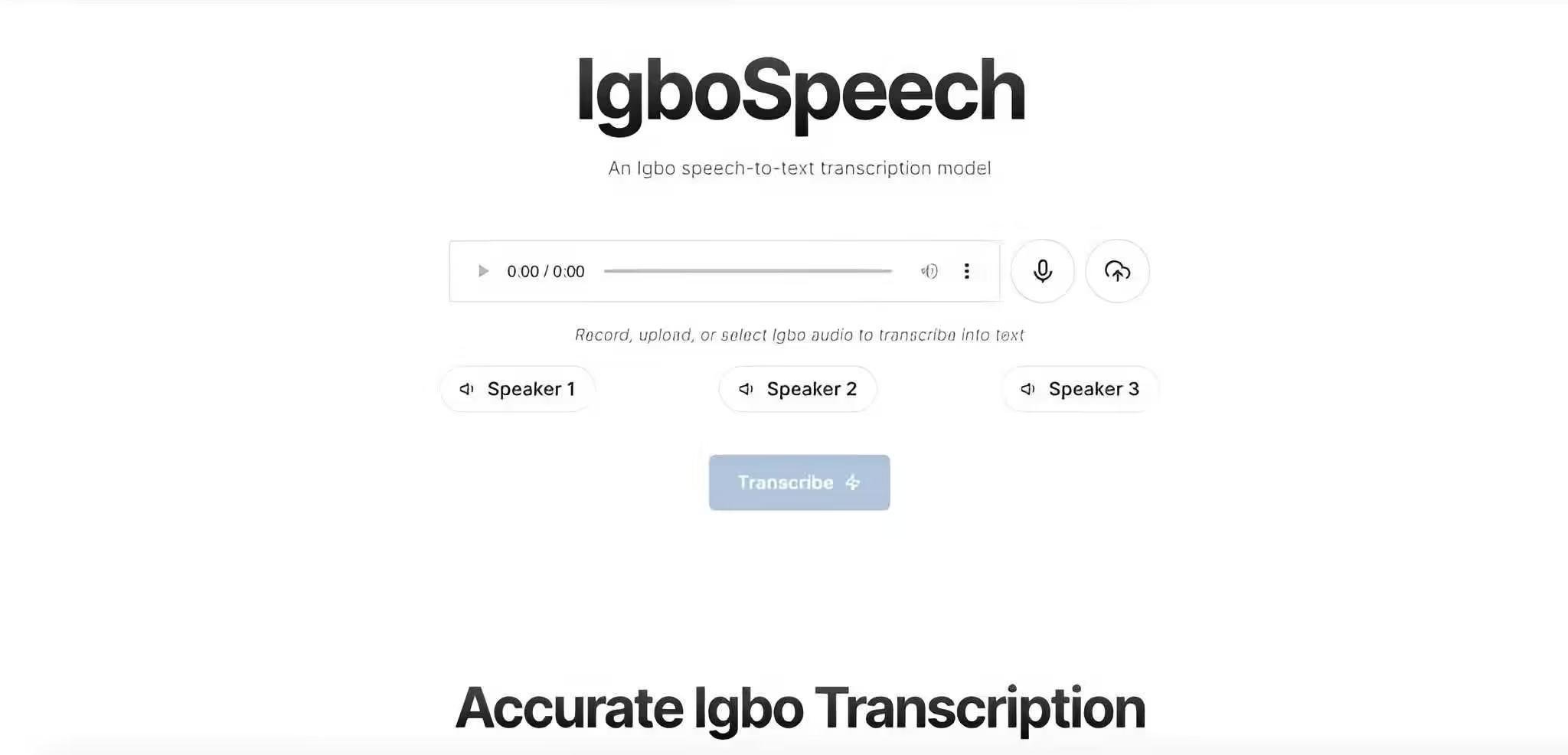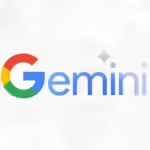American-born Ijemma Onwuzulike has developed IgboSpeech, the first Igbo voice-to-text AI model. In a Techpoint Africa interview, she said her goal was to make speaking Igbo as natural as speaking Spanish or French, beyond classroom use.
While AI progress is significant worldwide, Africa has seen limited success. However, Nigeria has created policies and initiatives to boost AI, but with little impact so far.
Onwuzulike’s journey began with researching languages. She found patterns and processes in language learning and understood the extensive data work behind platforms like Duolingo. To help platforms like Duolingo add Igbo, she built an Igbo API in 2020. This API serves as a digital dictionary, providing word definitions, synonyms, and examples for developers.
Creating a word API was challenging. Onwuzulike’s team had to compile an accurate collection of Igbo words and meanings despite inconsistencies in existing dictionaries. They also had to build a strong backend system to handle user requests efficiently. Despite these challenges, the Igbo API now contains 5,119 words, 29,922 sentences, 5,151 audio recordings, 571 definitions, and 464 proverbs.
The API is integrated with Nkowa Okwu, an Igbo language learning platform founded by Onwuzulike. This project showcases her tech skills. A software engineer at Google, she has nearly ten years of tech experience. Her interest in technology started in childhood and led her to study Computer Science at Dartmouth College, USA, where she also studied Japanese and literature. This set her on a path to developing language technologies.
Before graduating, Onwuzulike interned at eBay twice and worked at Squarespace after graduation. She also explored machine learning and artificial intelligence, which are now crucial to her work.
On July 1, 2024, the demo website of IgboSpeech was launched. It’s an automatic speech recognition (ASR) model for Igbo speech and text, partially built on the Igbo API but with its own dataset. The website transcribes Igbo speech into text, useful for generating subtitles for Igbo movies, YouTube videos, or note-taking apps.

Onwuzulike focused on Igbo voice-to-text to support its speakers and help translators. She plans to develop text-to-voice and translation features later. To fund these features, her team is seeking grants like the Lacuna Fund, which supports projects in Antimicrobial Resistance (AMR) and Natural Language Processing (NLP).
With grants, they aim to hire top software engineers, audio recorders, and Igbo linguists. Onwuzulike’s work has been well-received, inspiring Nigerian engineers and potentially motivating more Africans to develop AI for the continent.








